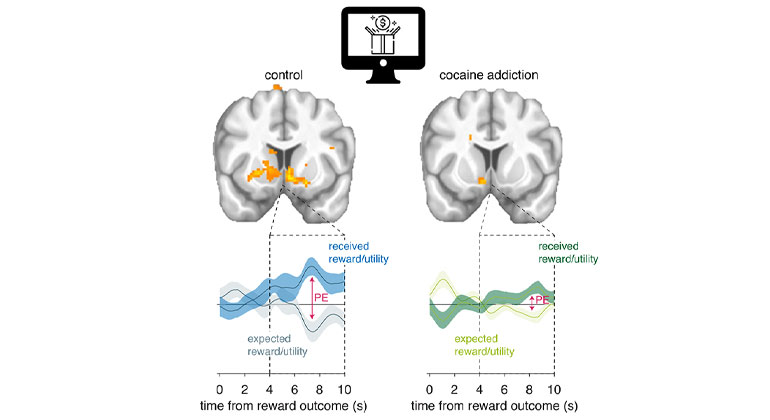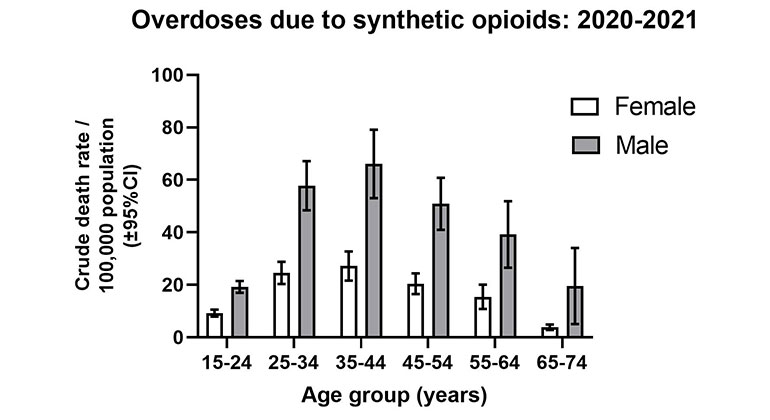"Researchers Identify Protein Involved In Cocaine Addiction"
Mount Sinai researchers have identified a protein produced by the immune system-granulocyte-colony stimulating factor (G-CSF)-that could be responsible for the development of cocaine addiction. A study showed that G-CSF can alter a mouse's desire for cocaine, but not for other rewards. This effect is modulated by a brain region that plays a central role in reward processing and addiction. If applicable to humans, these findings represent a potential therapeutic approach to decrease a cocaine addict's motivation to seek the drug without introducing a potential new substance for abuse. The results of the study will be published online in Nature Communications. "The results of this study are exciting because outside of 12-step programs and psychotherapy, no medication-assisted therapy exists to treat cocaine addiction," said the study's senior author, Drew Kiraly, MD, PhD, assistant professor of psychiatry at Icahn School of Medicine at Mount Sinai. "Drugs that manipulate G-CSF already exist as FDA-approved medications. Once we clarify how G-CSF signaling can best be targeted to reduce addiction-like behaviors, there is a high possibility that treatments targeting G-CSF could be translated into clinical trials and treatments for patients."
- Drew Kiraly, MD, PhD, Assistant Professor, Psychiatry, Icahn School of Medicine at Mount Sinai
Learn more
Additional coverage:
Dotemirates
Yahoo News
News Medical & Life Sciences
Health News Digest
MedicalHealthNews.net
The Independent
Drug Target Review
Politico New York

